Search Results
Showing results 21 to 40 of 170
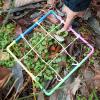
Counting With Quadrants
Source Institutions
Millions of organisms can live in and around a body of water.
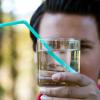
Make a Prism
Source Institutions
In this activity, learners will make their own prism and use a glass of water to separate sunlight into different colors.

Frijolitos
Source Institutions
Esta actividad enseña la proporción y razón por hacer que los aprendices hagan "ensaladas" que combinan tres tipos de frijoles en tres combinaciones diferentes.

Terrestrial Hi-Lo Hunt
Source Institutions
In this outdoor activity, learners search for the warmest and coolest, windiest and calmest, wettest and driest, and brightest and darkest spots in an area.

Sensory Hi-Lo Hunt
Source Institutions
In this outdoor activity, learners use only their senses to to find the extremes of several environmental variables or physical factors: wind, temperature, light, slope and moisture.
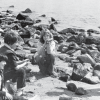
Beachcombing
Source Institutions
In this outdoor activity, learners become beachcombers as they walk on a sandy beach in search of evidence of life.

Moisture Makers
Source Institutions
In this outdoor activity, learners compare the moisture released from different kinds of leaves and from different parts of the same leaf, by observing the color change of cobalt chloride paper.
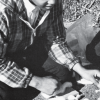
Food Grab
Source Institutions
In this outdoor activity, learners design devices that will catch prey or gather plants.

Hopper Herding
Source Institutions
In this outdoor activity and game, learners roundup a "herd" of hopping insects and find out how many different kinds or species are in their herd.
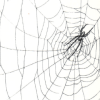
Web It!
Source Institutions
In this outdoor activity, learners investigate spider webs and feeding behavior, particularly how spiders trap food in their sticky silk webs while not getting stuck themselves.
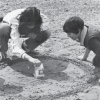
Hopper Circus
Source Institutions
In this outdoor activity and/or field trip, learners investigate the behavior of hopping animals.
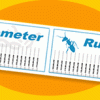
Measure Yourself in Nanometers
Source Institutions
In this activity, learners will be able to measure themselves in nanometers. A nanometer is a billionth of a meter, a unit of measurement used in nanotechnology.
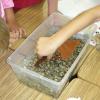
Crayfish Investigations
Source Institutions
This activity has learners interacting with live crayfish, but could be adapted for a variety of similar hardy and interesting organisms.
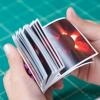
Solar Flare Flip Book
Source Institutions
In this activity, learners make their own flip book that shows real solar flares erupting from the Sun in November 2000. Step-by-step instructions are included with photos.
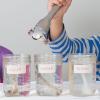
Stiff Bones, Bendy Bones
Source Institutions
Bones are stiff, which helps us lift heavy things and walk around, but they are also somewhat flexible, which lets them bend slightly.
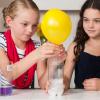
What's In Your Breath?
Source Institutions
In this activity, learners test to see if carbon dioxide is present in the air we breathe in and out by using a detector made from red cabbage.
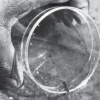
Water Striders
Source Institutions
In this outdoor activity/field trip, learners catch and observe water striders to explore their movement and feeding behaviors.

Variation Game
Source Institutions
In this set of outdoor games, learners play the role of monkeys that are trying to get enough resources (food, shelter, and space) to survive.
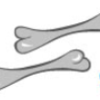
Air-filled (Pneumatic) Bone Experiments
Source Institutions
Just like birds, some dinosaurs had air-filled (pneumatic) bones, which made the dinosaurs' skeletons lighter.
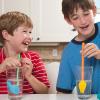
Make a Heart Valve
Source Institutions
In this activity, learners make a model of a one-way heart valve to investigate how a heart controls the direction of blood flow.
